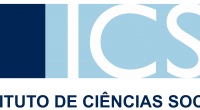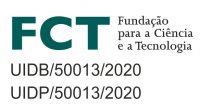Ricardo Roque, 2022.
This article explores the shared histories of blood groups, racial conceptions, and linguistics in the late twentieth-century Portuguese colonial science of anthropobiology in Oceania. It follows the work of making “indigenous languages” that went along with the work of making “blood groups” in a late form of colonial anthropology. It focuses on the case of the Timor Anthropological Mission (Missão Antropológica de Timor), a series of field expeditions to the then-Portuguese colony of East Timor sponsored by the Portuguese Overseas Research Board (Junta de Investigações do Ultramar) between 1953 and 1974. A striking aspect of these expeditions was their simultaneous attachment to blood collecting and language categories in theory, in the field, and, subsequently, in processes of analysis, classification, and mapping. The article examines why and how, through a sequence of ontological transactions, linguistics blended with laboratory practices, theories of racial ethnogeny, and the blood samples themselves. I also intend to reflect on this case study as one example of how “languages” could be used to make biologized “natures” in twentieth-century racial sciences.





